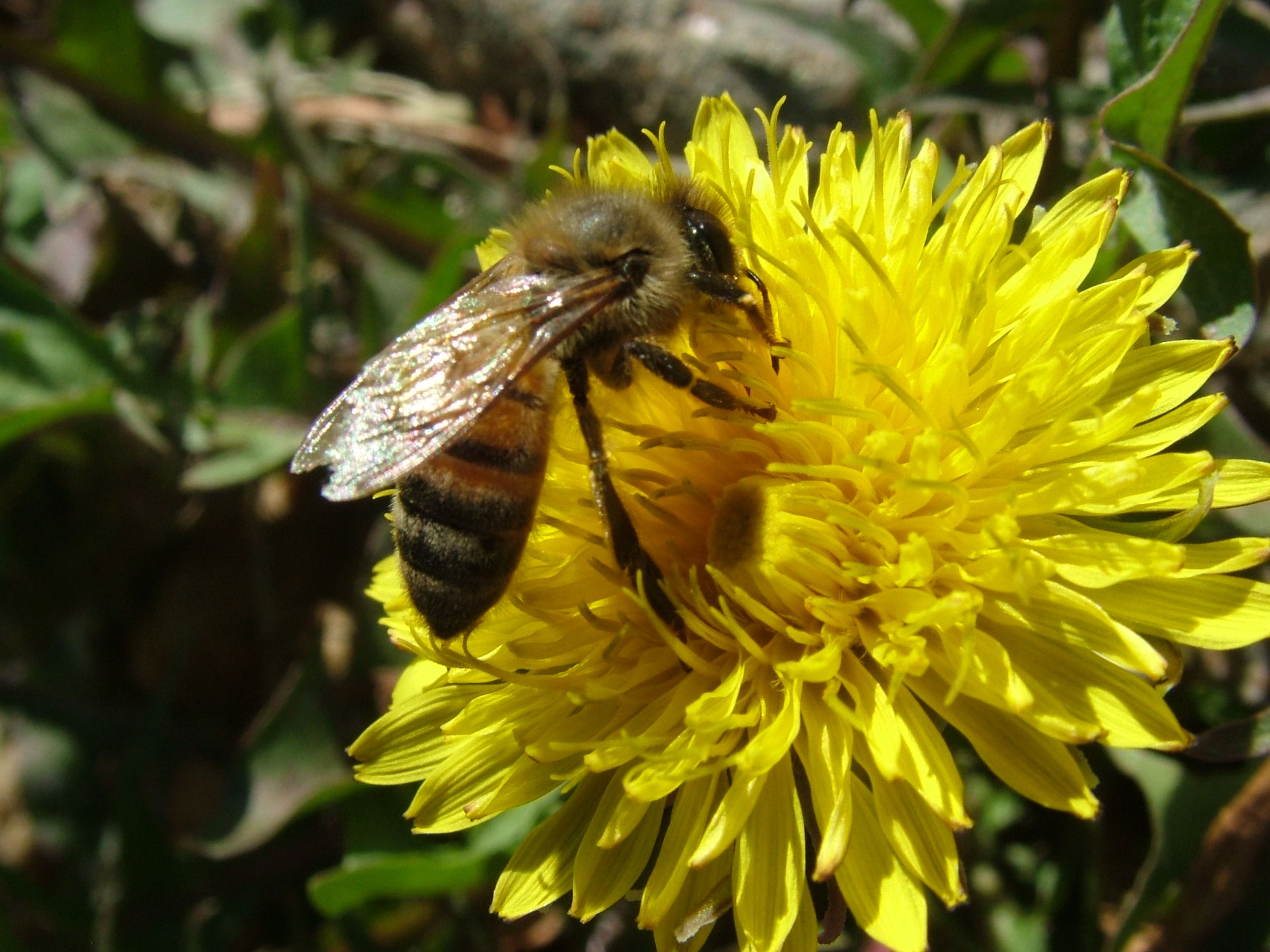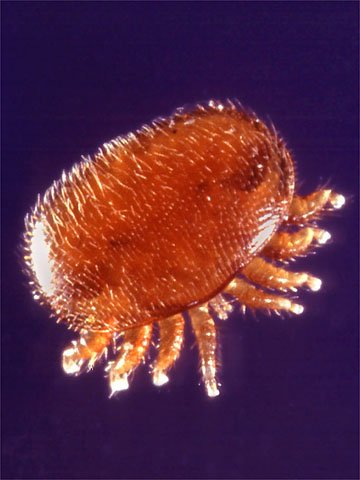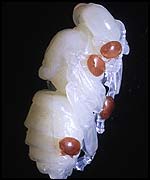Why are the bees dying?
 This is a prevalent question that I hear almost every day. And the truth is that right now is a tough time to be a honeybee. There are so many factors that are working against honeybees that it's difficult for them to stay alive. I have been keeping bees now for ten years, so while I'm certainly not a recognized leader in the industry, I do have boots on the ground experience. I came out of this past winter losing 75% of my colonies. It was a tough year, very tough. So why did my bees die? Here are my reasons:
This is a prevalent question that I hear almost every day. And the truth is that right now is a tough time to be a honeybee. There are so many factors that are working against honeybees that it's difficult for them to stay alive. I have been keeping bees now for ten years, so while I'm certainly not a recognized leader in the industry, I do have boots on the ground experience. I came out of this past winter losing 75% of my colonies. It was a tough year, very tough. So why did my bees die? Here are my reasons:
Introducing the Varroa Destructor mite.


Here's a photo of Varroa mites that have attached to a honeybee pupa. This blood sucking vampire mite is the number one reason why I lost bees. The bees that most beekeepers in North America have are European Honey Bees (Apis mellifera). Varroa is a mite that co-existed with the Asian honeybee (Apis cerana). Who knows what the real story is, but the one that seems to be repeated by the experts is that the European honeybee was brought to Asia where they made contact with Asian honeybees and the Varroa was transferred to the European stock. The European honeybees were then brought back to Europe by amateur beekeepers. And as a result, Varroa spread like wildfire driven by gale force winds and have wiped out millions of European honey bee colonies. There are few places in the world that don't have Varroa. Australia and a few of the Hawaiian islands don't have the Varroa, but likely it's just a matter of time.
Manic weather patterns
I live in Colorado in the USA. It's a semi-arid region that experiences wild swings in weather. For example, this last weekend we were at 80 degrees Fahrenheit. The weekend before we measured 10.5 inches of accumulated snow on our back deck. And it got down to 20 degrees. A few years ago, we had a 40 degree temperature drop in four hours. These wild swings are normal in my little corner of the world, and it's difficult for the bees to manage them.
Bad management by the beekeeper
Although I'm not a neophyte when it comes to managing honeybees, I still screw up...with regularity. Looking back, there are colonies I could have saved if I had been better at my job.
Insecticides
Just about all of my neighbors and me purchase plants from the local big box store. Each of those plants are carrying some sort of insecticide introduced by the grower. In addition, when you walk through that same big box store's garden section you smell all of the chemicals that they have there -truly odious. My neighbors don't think twice about spraying for wasps, ants, spiders or beetles. The problem is that honeybees are insects too, but rarely does anyone consider that they probably are harming honeybees. Not only that, people need to understand that there are hundreds of beneficial insects that have a specific job that they do. We tend to focus on the one, two or three bad insects, but in the process we end up wiping out beneficial insects and then their jobs go undone.
So what am I doing about it?
I'm breaking it down this way. What can I control and what is partially under my control and what is completely out of my control?
Obviously I cannot do anything about the weather, nor can I do anything about my neighbors (other than educating them every chance I get) so it's something I just have to deal with as is, unless I move somewhere that is more predictable.
Do something to control the Varroa Destructor mite. I struggle with this, because it primarily means that I need to use chemicals. This is something that I've shunned since the beginning, I wanted to be a "chemical-free beekeeper." But losing 75% of my colonies sucks...I mean really sucks. Maybe I should start. So I am researching this now, but haven't come to any conclusions.
I have to improve my management skills. Sometimes life just gets in the way and the bees occasionally end up paying the price of my own personal life issues. I am looking at empty nesting this coming Fall. And I expect that my management skills will improve significantly as I won't be attending any more volleyball games, basketball games, dramas and recitals.
Great to see! I knew about some reasons. I think last year there was a pesticide that was linked to it. I forget the name, but there was supposed to be a benign component, but mixed with the pesticides it made it harmful to the bees and helped to foster the problem of colony collapse.
Neonicontinoid insecticides. The seeds of crops are coated with that stuff and it is believed that the pollen from the plants express that insecticide and kill bees. I don't know that much about it, but everyone has an opinion and an agenda.